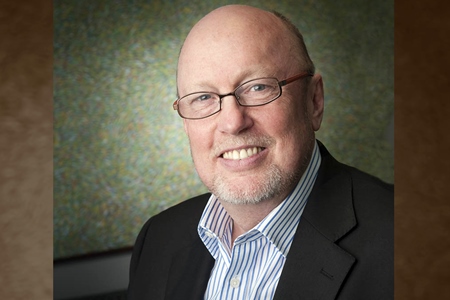Dr Stephen Moss
Back in 2001, I was interviewed by the Australian Financial Review around my ideas on intelligence being much more than simple mathematical, spatial and verbal ability. When Goldman’s work came out giving credibility in the corporate world to so called emotional intelligence, this idea became more mainstream.
But intelligence is so much more than either emotional intelligence or mathematical intelligence. Intelligence is clearly multi-faceted. The emerging understanding of the power of mindfulness, being in the now, reflecting and understanding the value of gender and personality diversity in good decision-making and high-performance cultures are all becoming more mainstream. Thank goodness! Intelligence is being redefined to include psychological, spiritual and emotional attributes, and this is surely a good thing.
How does all this relate to the debate around artificial intelligence (AI) and machine learning, blockchain and the effect of these technological developments on the workplace? AI will clearly affect everybody’s work and personal life in the developed world.
Smartphones and their capabilities and the digital age have already transformed many aspects of life in the developed and developing world. Technology has shaped how we communicate, how we procure services and products and even the way we think.
AI and machine-learning algorithms are like the introduction of electricity into society. We are clearly in the midst of a new revolution, and it is happening so much more quickly than the industrial revolution.
It is important to remember that AI is not manufactured humanity – it is just advanced technology. People need intimacy and deep relationships to be happy in life. Trust and deep satisfaction cannot be manufactured. AI may be able to usurp the monopoly of lawyers on legal know-how, or offer the fast analysis of thousands of precedents in a difficult tax question, but it will never replace the trust that is needed in a good client-practitioner relationship.
AI may be able to create strategic plans that rely on data analysis, but it will never replace the relationship between humans struggling to create trust and positive change in a workplace. There is something cold about AI. People are multi-faceted.
We need to also focus on the spiritual, the psychological and the emotional aspects of our lives.
My question in the middle of this rapidly changing world paradigm is: What is happening in our understanding of the power of psychological and spiritual insight?
It is encouraging to note that the MBA programs at great universities like Harvard and INSEAD all have an emphasis on personal insight and personal development. Mindfulness is taught as a discipline and the insights of eastern mystics and psychologists like Jung and Freud have newfound credibility in the boardrooms of corporate society.
AI will certainly change our workplaces. Many rote compliance jobs may well disappear. What AI will never replace is our deep need for human contact. Creativity, vulnerability and intimacy are all outside the world of AI and machine learning.
The insight that intelligence is a multi-faceted phenomenon is well-founded and of proven value in the workplace. The study and understanding of psychological, emotional and spiritual intelligence is important for the debates around our changing workplace, and indeed, our personal lives as society and people adapt to the digital revolution which continues to fundamentally change society.
The rise of the machines will also starkly illustrate that nothing can compensate for the intimacy and trust derived from human relationships.
 Dr Stephen Moss, chairman and managing partner of Eaton Capital Partners, will be discussing successful change management approaches, how innovative company cultures are fostered, how to get firm-wide buy-in to embrace change, and how to measure success throughout the change process at the inaugural Legal Tech Summit on 2 November at The Westin Sydney. The summit will bring together leaders from a wide range of firms and in-house teams to access the latest insight and best practices from the leading authorities on legal technology.
Related stories:
Experts on legal tech to share insights at inaugural event
How AI will change the face of law
Dr Stephen Moss, chairman and managing partner of Eaton Capital Partners, will be discussing successful change management approaches, how innovative company cultures are fostered, how to get firm-wide buy-in to embrace change, and how to measure success throughout the change process at the inaugural Legal Tech Summit on 2 November at The Westin Sydney. The summit will bring together leaders from a wide range of firms and in-house teams to access the latest insight and best practices from the leading authorities on legal technology.
Related stories:
Experts on legal tech to share insights at inaugural event
How AI will change the face of law


